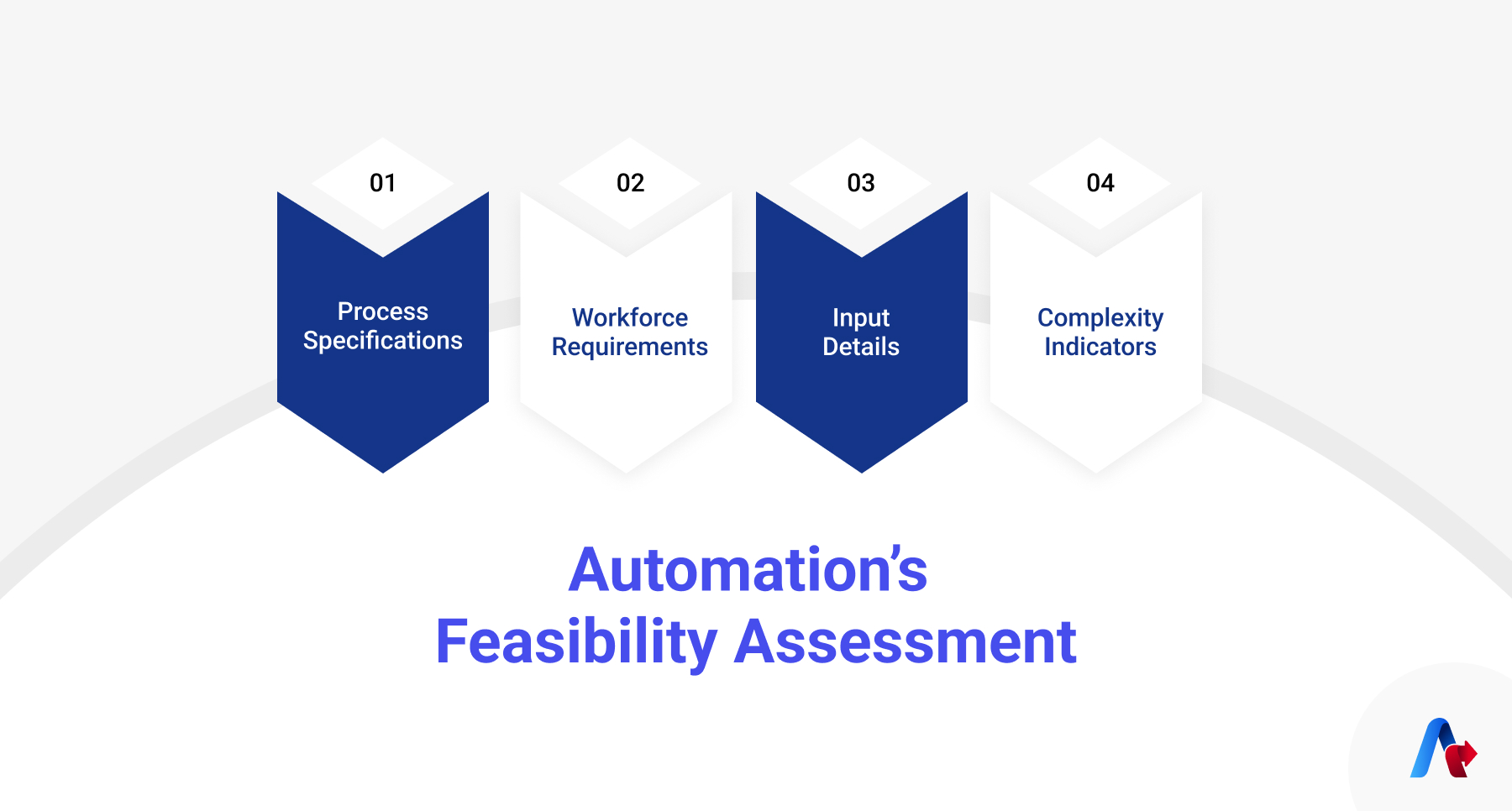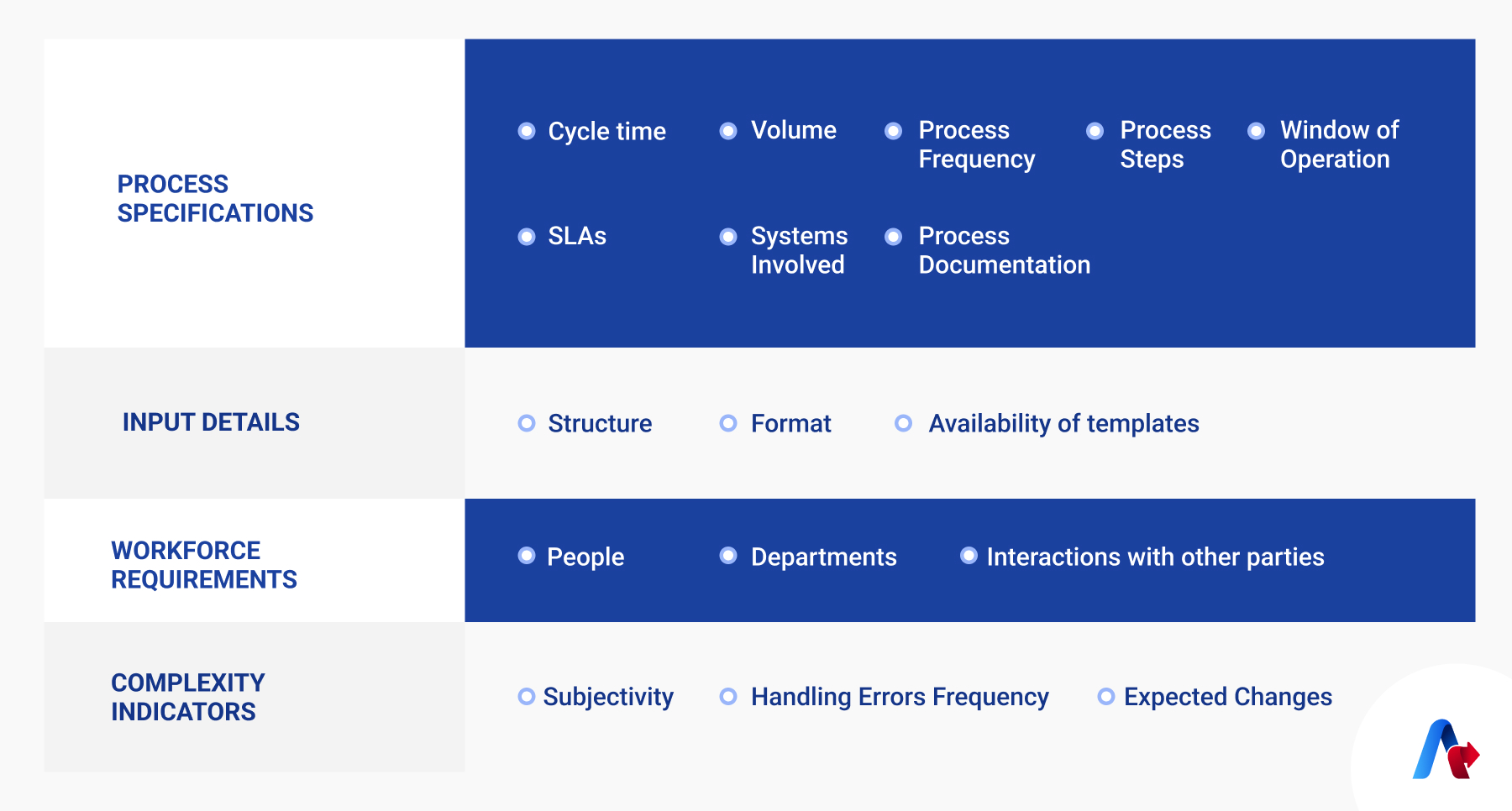Embarking on an automation journey? The feasibility assessment is your compass. Feasibility assessment is the initial evaluation phase of an automation project, where the potential success and viability of automating a particular process are determined. It involves analyzing factors such as technical feasibility, cost-effectiveness, and the alignment of automation with strategic objectives. Properly executed, it ensures efficiency gains and strategic optimization, preventing pitfalls and disruptions, leading to a high-quality pipeline.
Examples of Wrongly Assessed Processes
The best way to grasp the significance of feasibility assessment in the automation journey is by looking at real-life scenarios where inadequate assessments have led astray. Consider the case of a global logistics company eagerly pushing forward with automating their complex order fulfillment process. However, the failure to comprehensively assess the intricacies of the process led to a disjointed automated solution, causing delays, shipment errors, and customer dissatisfaction. In another instance, a financial institution decided to automate its customer data management without a thorough feasibility assessment. The result? Data integration challenges, regulatory compliance issues, and compromised data security.
Feasibility Assessment Definition
Feasibility assessment is a systematic evaluation process that scrutinizes processes, gauges their suitability for automation, and prevents inefficient use of resources. It allows enterprises to thoroughly comprehend the potential automation percentage of the process thereby designing automation solutions that fit these boundaries, reducing the risks of noncompliance, delays in delivery of automation and customer dissatisfaction.
Recommended Feasibility Assessment Process
Feasibility assessment is not one-size-fits-all; it requires calibrated thresholds and industry best practices. However, using a data-driven approach and specialized tools it is possible to properly assess processes. At Accelirate, our Process Discovery methodology for assessing Automation’s feasibility is composed of a set of interviews, questionnaires, and tools, whose input is the information about the process shared by SMEs, Managers, and Decision-makers. This information feeds a data-model that calculates the feasibility and provides objective results about the most suitable processes.

The data model gathers key data points, including Process Specifications, Workforce Requirements, Input details, and Complexity Indicators. These data points altogether provide a holistic view of the process complexity and enable the Process Discovery team to determine what potential for automation the task has. Whether the task is a good option to prioritize for automation. This assessment helps determine whether the task is best suited for traditional RPA, Business Intelligence tools, Intelligent Document Processing (IDP), AI, Process Re-engineering, System of Record Integration, or any other relevant solution profile.
One of the primary tools used in assessing Automation Feasibility is the Complexity Matrix. This tool compiles all relevant data points associated to the process and employs mathematical formulas to calculate the Feasibility Score, which can range from 0% to 100%. Processes with a score above 80% are considered highly suitable candidates for automation. Those falling within 40% and 80% range are also potential candidates, but they may require additional technological considerations or overcoming various challenges.

Explore a case study in the healthcare sector where Process Discovery led to significant benefits.
What challenges do you anticipate in your process that a thorough assessment could address?
Let’s discuss! 
Conclusion
Feasibility assessment is the cornerstone of successful automation projects. It enables you to evaluate processes for technical, economic, and strategic fit to avoid costly missteps. Accelirate's Process Discovery methodology and tools like the Complexity Matrix empower businesses to objectively assess automation potential and drive meaningful transformations with diligent evaluation, strategic insight, and successful execution.
For tailored guidance and a free consultation, reach out to Devendra.gupta@accelirate.com or Fabio.silva@accelirate.com.
Ready to Transform Your Processes? Ask Yourself:
- Have you conducted a thorough feasibility assessment before process automation?
- How can your organization benefit from a data-driven approach to automation feasibility?
Let’s discuss and take a step towards efficient and future-proof automation together.